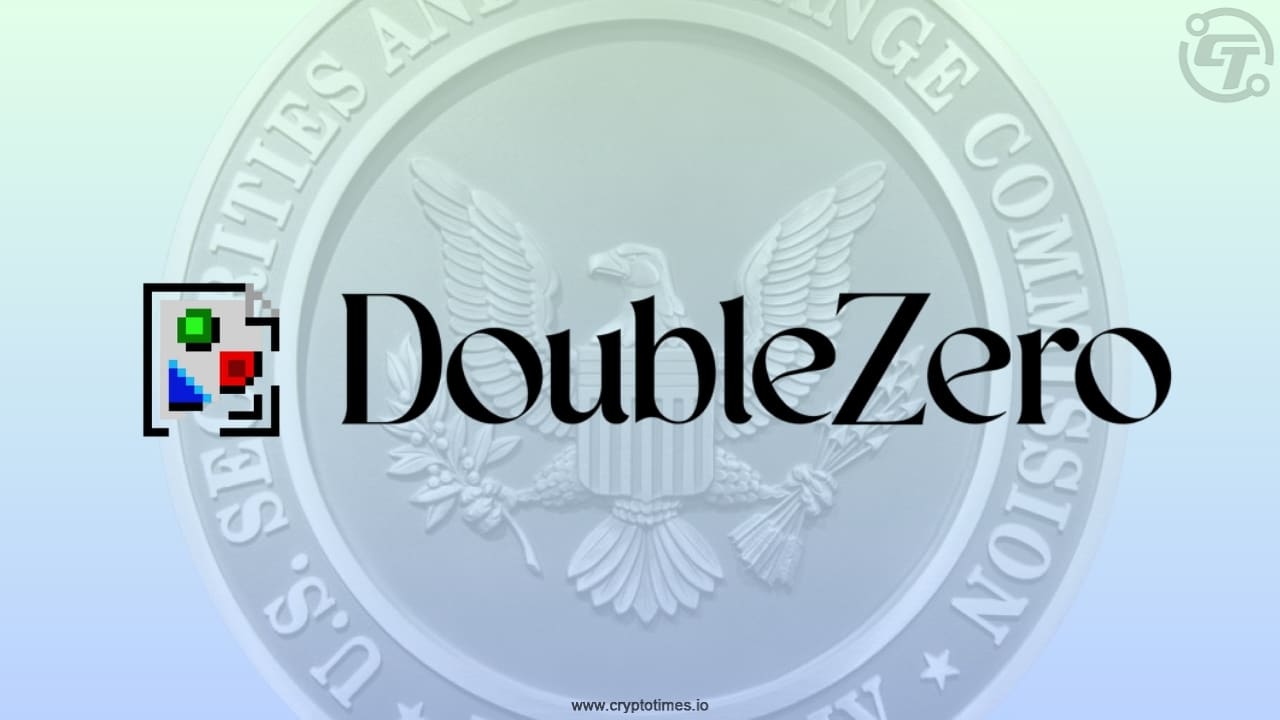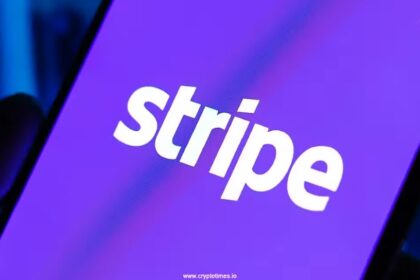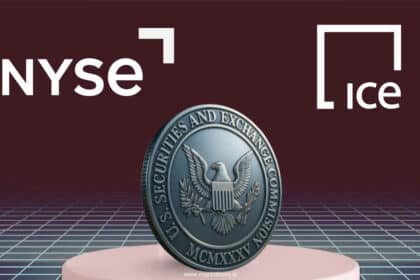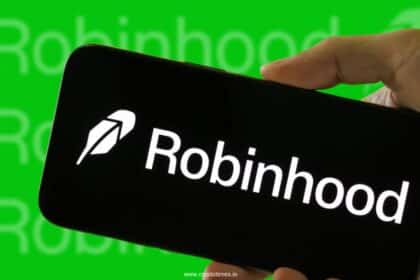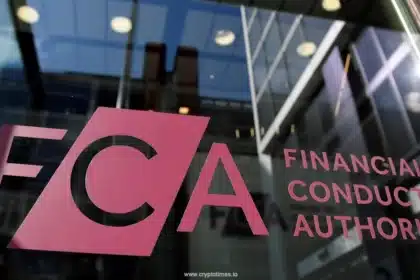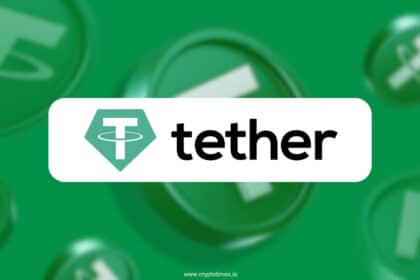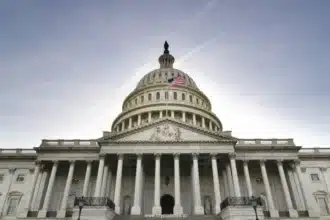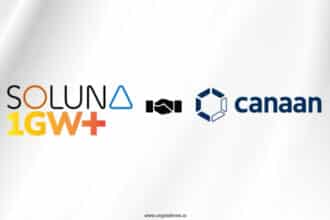The US Securities and Exchange Commission (SEC) has provided a potential pathway for the growing decentralized physical infrastructure network (DePIN) as it issued a no-action letter to DoubleZero for its token program 2Z yesterday.
In its official letter dated September 29, the SEC’s Division of Corporation Finance signaled it would not recommend enforcement action against DoubleZero.
DePIN projects use crypto tokens to incentivize individuals and businesses to share real world resources such as data storage, wireless connectivity, or energy, creating a distributed alternative to centralized providers like Amazon Web Services or AT&T. With this first letter of its kind that talks about token distributions in the DePIN sector, the SEC is showing its changing nature towards the crypto industry.
“Our job is to engage with innovators in good faith, listen carefully as they explain how their models work, and apply our statutory mandate thoughtfully and with precision. Today’s no-action letter exemplifies how performing that role can help infrastructure providers spend their time deep in the weeds of building out infrastructure, not knee-deep in parsing the nuances of securities laws,” the SEC stated in its press release.
DePIN projects are not selling securities
The press release clarified that DePIN projects don’t use centralized corporate structures to coordinate activity. Instead, they use open and distributed peer-to-peer (P2P) networks to get people to provide real-world resources like storage, telecommunications bandwidth, mapping, or energy. They are functional incentives meant to speed up the building of infrastructure.
Furthermore, DePIN projects are not selling or giving away tokens to get more money from investors who are only interested in making money. Instead, DePIN networks automatically distribute these tokens to users who follow the rules of the network. Thus, the Howey Test is not met. The economic reality of DePIN projects is fundamentally distinct from the capital-raising transactions that Congress tasked this Commission with overseeing. If these tokens were treated as securities, it would slow down the growth of networks of distributed service providers.
The issue of the no-action letter comes with a formal Statement by Commissioner Hester M. Peirce. The commissioner asserts that the DoubleZero case serves as a test of regulators’ ability to strike a balance between maintaining oversight and fostering the growth of innovative ideas. She said that the SEC needs to protect investors, but it shouldn’t go beyond what Congress has given it the power to do. Peirce said that using securities laws too broadly could slow down the growth of decentralized networks like DePIN.
SEC softening stance on digital assets
Since the US President Donald Trump’s second term, the SEC has been working for user-friendly regulations for the crypto space. Earlier this month, the SEC unwrapped a full regulatory agenda for Spring 2025. The “Spring 2025 Unified Agenda of Regulatory and Deregulatory Actions” lays out the plan, which aims to encourage innovation while protecting investors.
Moreover, on September 10, the SEC announced Project Crypto, a plan to make the United States the world leader in digital assets. SEC Chair Paul Atkins spoke at the OECD Roundtable on Global Financial Markets in Paris about a change in strategy from reactive enforcement to proactive regulation. He stressed the project fits with President Trump’s goal of making the US the “crypto capital of the world” and starting a “golden age of financial innovation” in the country.
Also Read: Wisconsin Bill May Exempt Crypto Firms from Money Licenses


